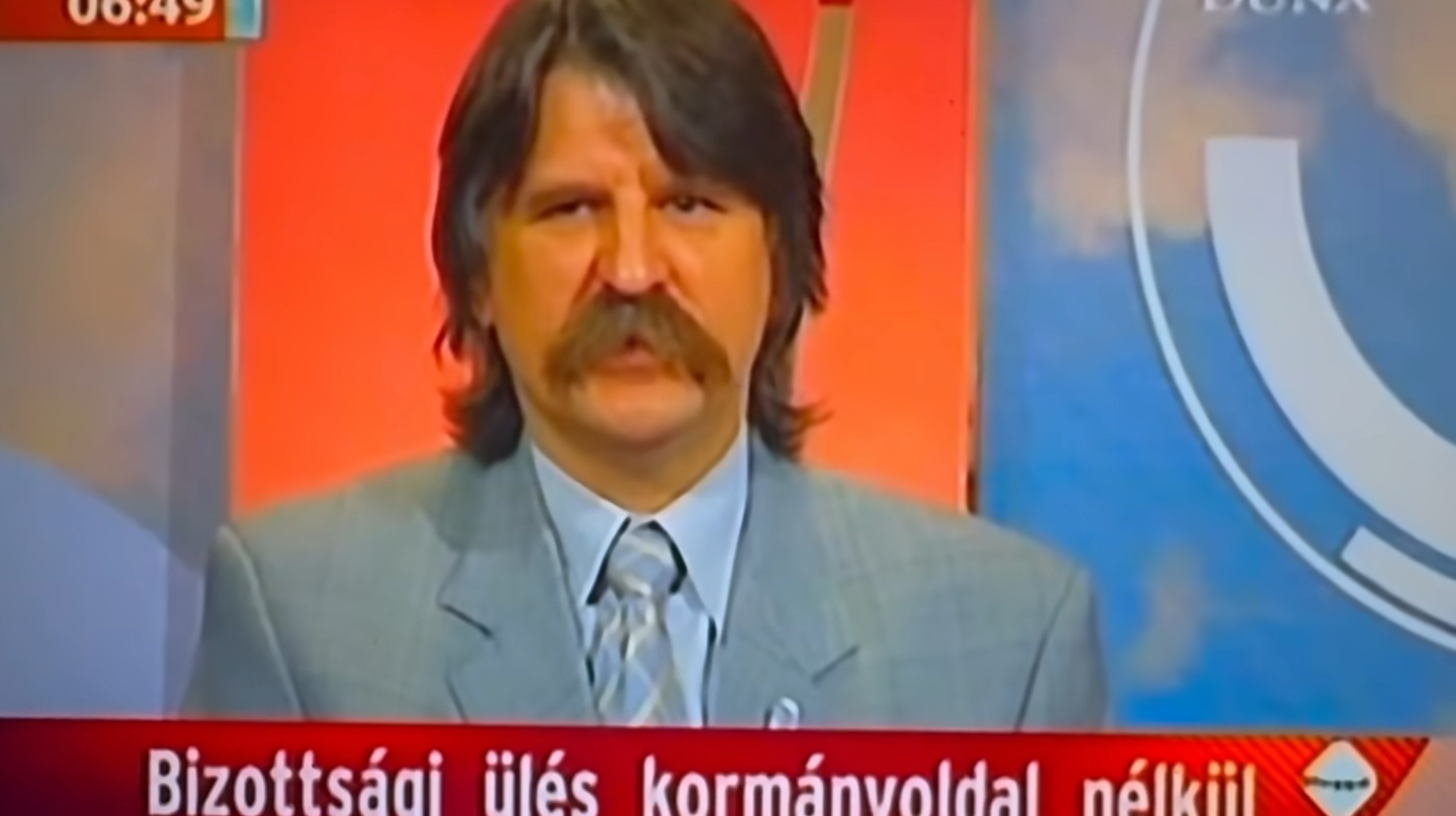Who is the traitor? When Orbán called for withholding EU funds, it was strategy, now it’s “treason” under Tisza

Kinga Kollár’s name may have been less known to the international public, but her recent speech at a European Parliament session caused a huge political storm in Hungary. She is a politician with a degree in law and economics and considerable experience in the EU, having previously worked at the European Commission and in Hungarian public administration.
Kinga Kollár is currently representing Hungary in the European Parliament on behalf of the Tisza Party, where she is also active in the Committee on Budgetary Control and the Committee on Economic and Monetary Affairs.

The scandal is based on a speech she gave in the Budgetary Control Committee, from which the Hungarian government media highlighted a 57-second excerpt and launched a full-scale attack on her and the Tisza Party. The narrative is that Kollár is working against the interests of the Hungarian people and is happy that EU funds are being withheld. This was interpreted by Fidesz as treason, with no small exaggeration.
Kinga Kollár’s full speech
In Kollár’s full speech in English, which lasted nearly two and a half minutes, it is clear that she was not celebrating the withholding of EU funds, but analysing its impact from an objective point of view. According to 444.hu, the point of the speech was that the rule of law mechanism, the EU instrument that can suspend EU funds in the event of a breach of the rule of law, has been effective. At the same time, she stressed that the consequences are serious for the Hungarian state and society.
Kollár gave examples: infrastructure developments have been delayed, hospital renovations have failed, and the railway network is in a catastrophic state. Kollár stressed that while the mechanism has a deterrent effect, politically it is doubtful whether it will actually achieve its desired goal, as Fidesz is using the situation to reinforce its own domestic political narrative. She concluded by expressing optimism about the 2026 elections, suggesting that a deteriorating standard of living might strengthen the opposition.
Reaction from the Hungarian government
According to Telex, the media close to the government immediately pounced on Kollár’s remarks, and within moments turned them into a narrative: the Tisza MP serves the interests of Brussels and works against the country. An article by Magyar Nemzet started the avalanche, which was then taken over by the entire pro-government media.
The Hungarian government also voiced strong condemnation, with Prime Minister Viktor Orbán stating on Facebook that Kollár should “disappear from public life”. The following morning, during a radio interview, he likened Kollár’s remarks to Ferenc Gyurcsány’s notorious 2006 speech, which became a well-known scandal in Hungarian politics. Several prominent government figures, including Gergely Gulyás, János Lázár, Alexandra Szentkirályi, and Tamás Menczer, echoed this sentiment, accusing Kollár of “treason” and emphasising the government’s central message. The backlash also extended to public mobilisation, with protests being organised and even a targeted advertisement produced in opposition.
Tisza party’s response: focus on corruption
The Tisza Party and its leader, Péter Magyar, did not let the events pass without a word. Magyar clearly stated that it is not because of Kollár that EU funds are not coming to Hungary, but because of the “corruption on an industrial scale” of Viktor Orbán and Fidesz. He said the government was only trying to divert attention from the country’s real problems, poverty, the state of the health care system and the failings of the rule of law.

According to Népszava, Magyar also recalled that in 2006, Viktor Orbán himself told the European Parliament that the EU should not support lying and cheating governments. This speech could easily be interpreted as a call to withhold funds, exactly what Kollár is now accused of doing.
Viktor Orbán and László Kövér in 2006: The EU should deny all aid
The 2006 speech by Viktor Orbán is not only politically interesting, but also a real turning point in light of the current scandal. Fidesz’s rhetoric at the time was centred on the “lying left” and the demand to cut EU funds. László Kövér, the current president of the parliament, also often uses similar rhetorical turns when it comes to portraying the opposition as “unpatriotic”.
This double standard is clearly visible: what was then called legitimate criticism is now seen as treason. The roles have been reversed, but the methodology, a communication offensive for political gain, remains the same.
Political analysis through the glasses of Gábor Török
Gábor Török, one of Hungary’s well-known political analysts, also weighed in on the matter. In his opinion, Fidesz has recognised with excellent sense that Kollár’s speech could be a way to create an enemy image of the Tisza Party. In his opinion, this is the first serious point where Fidesz can attack Tisza in a meaningful way, since the party has so far skilfully avoided provocative topics.
According to Török, Fidesz is now trying to create the image that the Tisza is working against national interests. This is not just a political game, but a preparation for a longer election campaign dominated by simplistic messages that appeal to emotions. According to the political analyst, it is not a coincidence that Kollár’s statement has just received so much attention: Fidesz is likely to keep the issue on the agenda for the long term.
Why is this scandal important?
This case is about more than a misinterpreted European parliamentary speech. It highlights how the communication machine of Hungarian domestic politics works, and how the debate over the words of one MEP can become a shaper of the entire political landscape. For some, this is a natural part of democracy; for others, it is a textbook case of political manipulation.
The growing strength of the Tisza Party and the approach of the 2026 elections make it likely that this kind of confrontation is only the beginning. Fidesz is looking for “key phrases” to make a character assassination, while Tisza is trying to stick to policy issues, not an easy fight in a media environment where the ruling party has considerable influence.
Find more news here about the Hungarian Government and Péter Magyar and the Tisza party
Read also:







